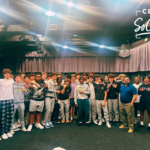How to develop a growth mindset
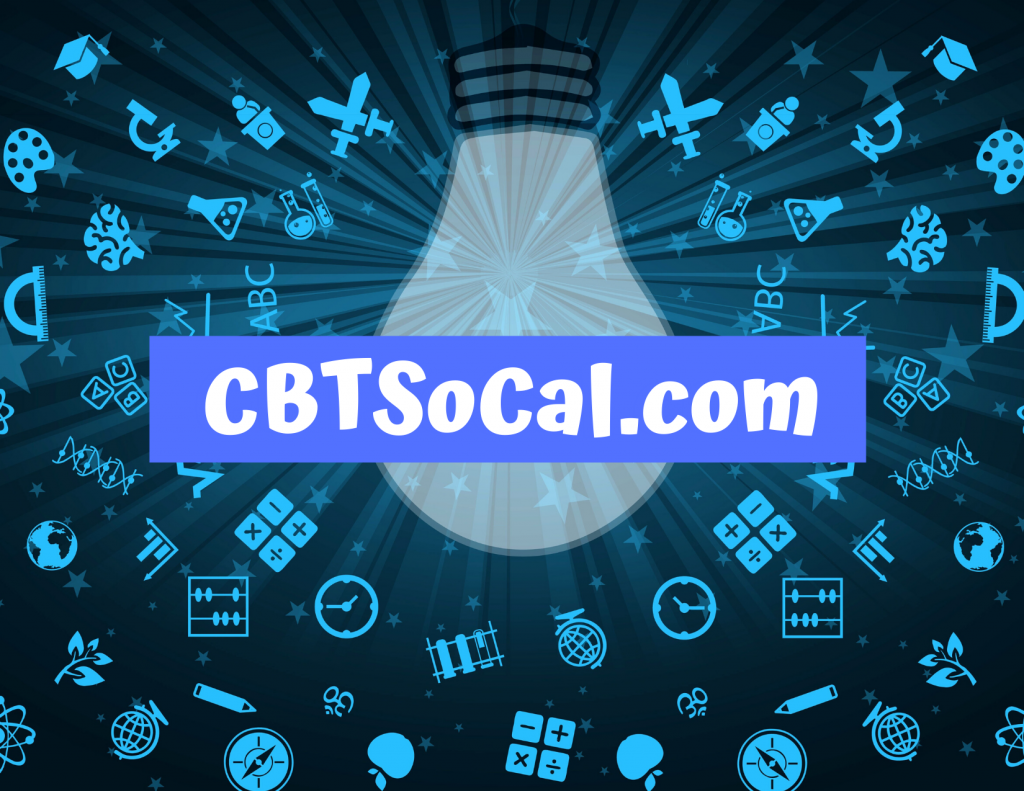
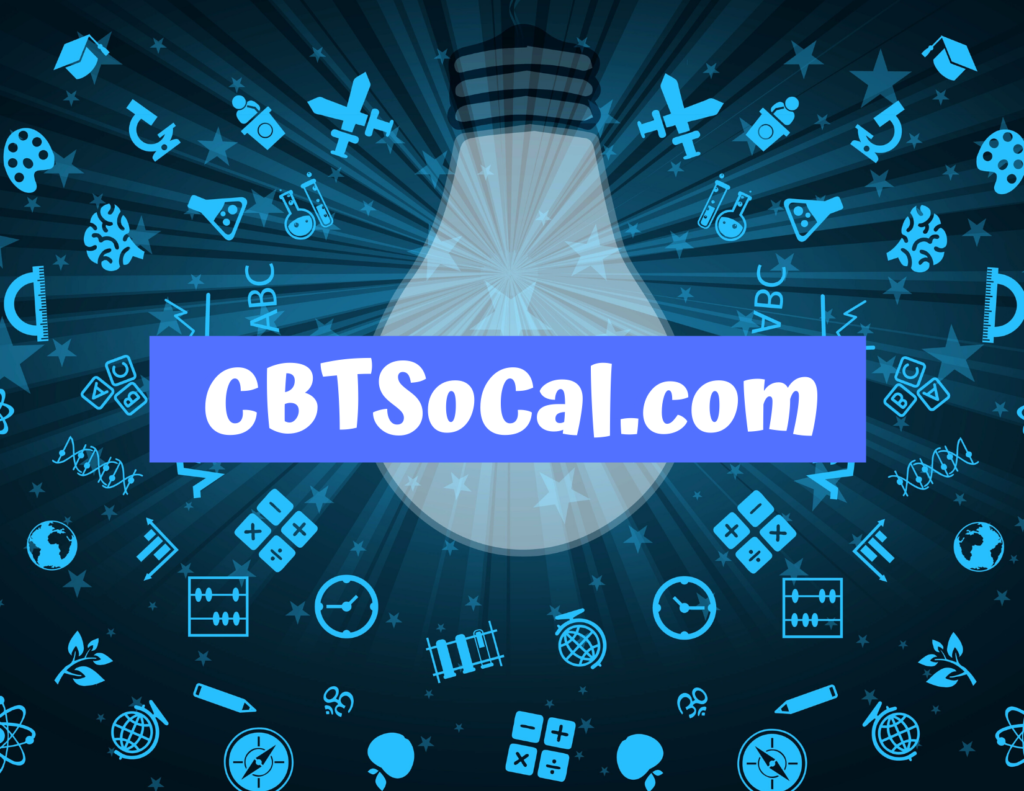
Two Types of Mindsets
Carol Dweck, a researcher now at Stanford, has investigated the effects of two simple mindsets that permeate all areas of life: the fixed mindset and the growth mindset (Dweck, 2006). The fixed mindset is one in which a person believes that personal qualities and abilities are fixed. When in the fixed mindset, people think that “talent” is unchangeable and you either have it or you don’t, and there is not much you can do about it. The growth mindset is one in which a person believes that personal qualities and abilities can change over time. When in the growth mindset, people believe that “talent” is something that comes from the development of skill through sustained effort. These two mindsets significantly impact peoples’ attitudes, behaviors, and responses to difficult situations.
The Fixed Mindset
In the fixed mindset, talent is unchangeable which makes learning and improving pointless, if not impossible. In a fixed mindset, there are no learning experiences; there is only winning and losing. For people in a fixed mindset, success is their proof that they are naturally better than others, whereas, losing is proof that they are unchangeably a failure. They often choose short-term strategies that make themselves look good now at the expense of future growth. They choose challenges that are easy. They believe that effort is a sign of a lack of talent. Therefore they often prefer to compete against those they already know they are better than. In the face of a setback they often give up, since their natural talent is not enough to solve the problem or they blame others, to protect their view of themselves as a “natural.”
The Growth Mindset
In the growth mindset, talent is something developed through effortful practice. Effort is what makes you talented as opposed to a sign that you are not naturally gifted.
Unlike people in the fixed mindset, who feel most talented when a task is easy, those in a growth mindset feel most capable when faced with a difficult challenge. They enjoy taking on increasingly difficult challenges. They are oriented towards continuously improving their skills rather than simply “winning.” In the face of a setback, they are less likely to give up and more likely to develop a positive strategy. A setback is viewed as a sign that a new approach should be taken, not as a sign that one’s natural gifts are not enough.
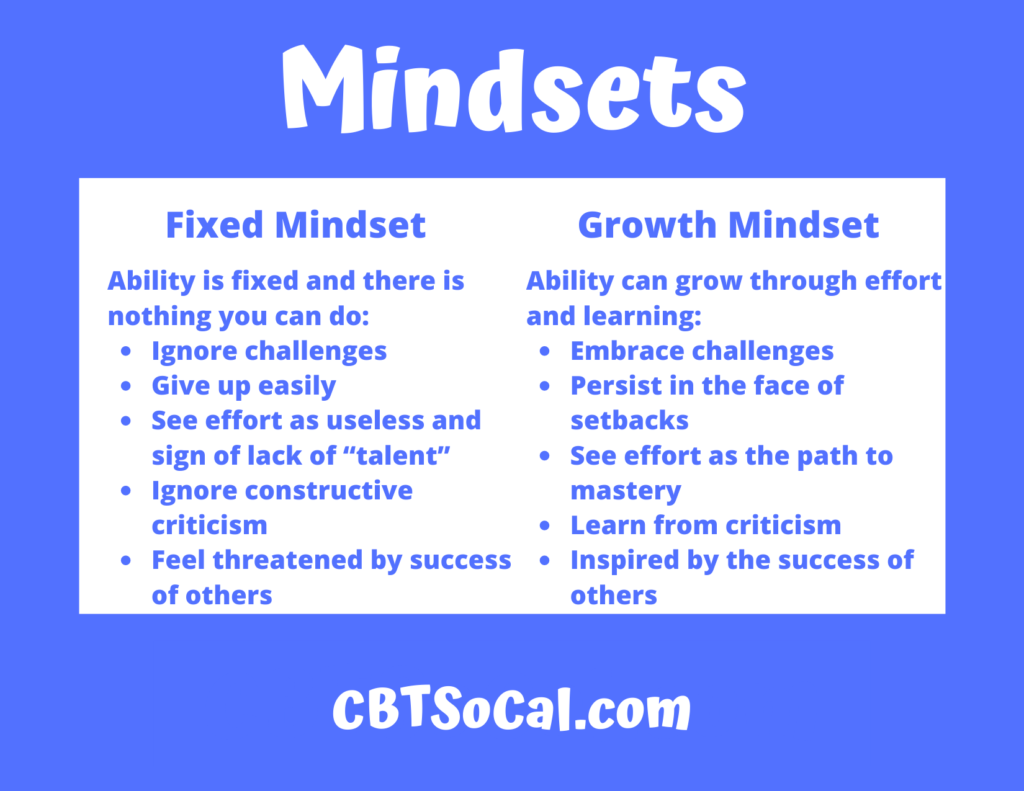
How to Develop a Growth Mindset
Judging yourself as talented after winning leads to judging yourself as talentless after losing. Avoid judging yourself as being talented or talentless. After a victory, avoid praising your talent and praise your effort and preparation instead. Train yourself to think in terms of growth, regardless of outcomes. Ask yourself questions such as “Am I fully prepared?” and “Am I playing with my best effort?” and “What can I do to learn more and improve my skill set?”
Make concrete plans that focus on your personal growth. An example of a growth-oriented goal could be to improve your diet by replacing your junk food snacks with fresh fruit. Another example could be to pick an aspect of technique you would like to improve and focus on that skill for a designated time period such as a day, a week, or a month. Focusing on personal growth will increase your chances of achieving your desired outcome.
Reference: Mindset: The new psychology of success
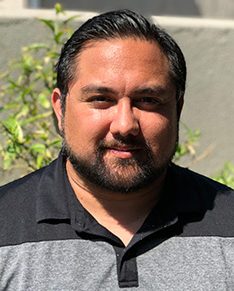
Dr. Jason von Stietz specializes in Cognitive Behavior Therapy and Sport/Performance Psychology in Torrance, CA. He provides online therapy (telehealth) by way of the Torrance office and is available for a free initial phone consultation. Dr. von Stietz works with individuals from Long Beach, the greater Los Angeles area, and the South Bay including Palos Verdes, Redondo Beach, Hermosa Beach, Manhattan Beach, El Segundo and all over California.


